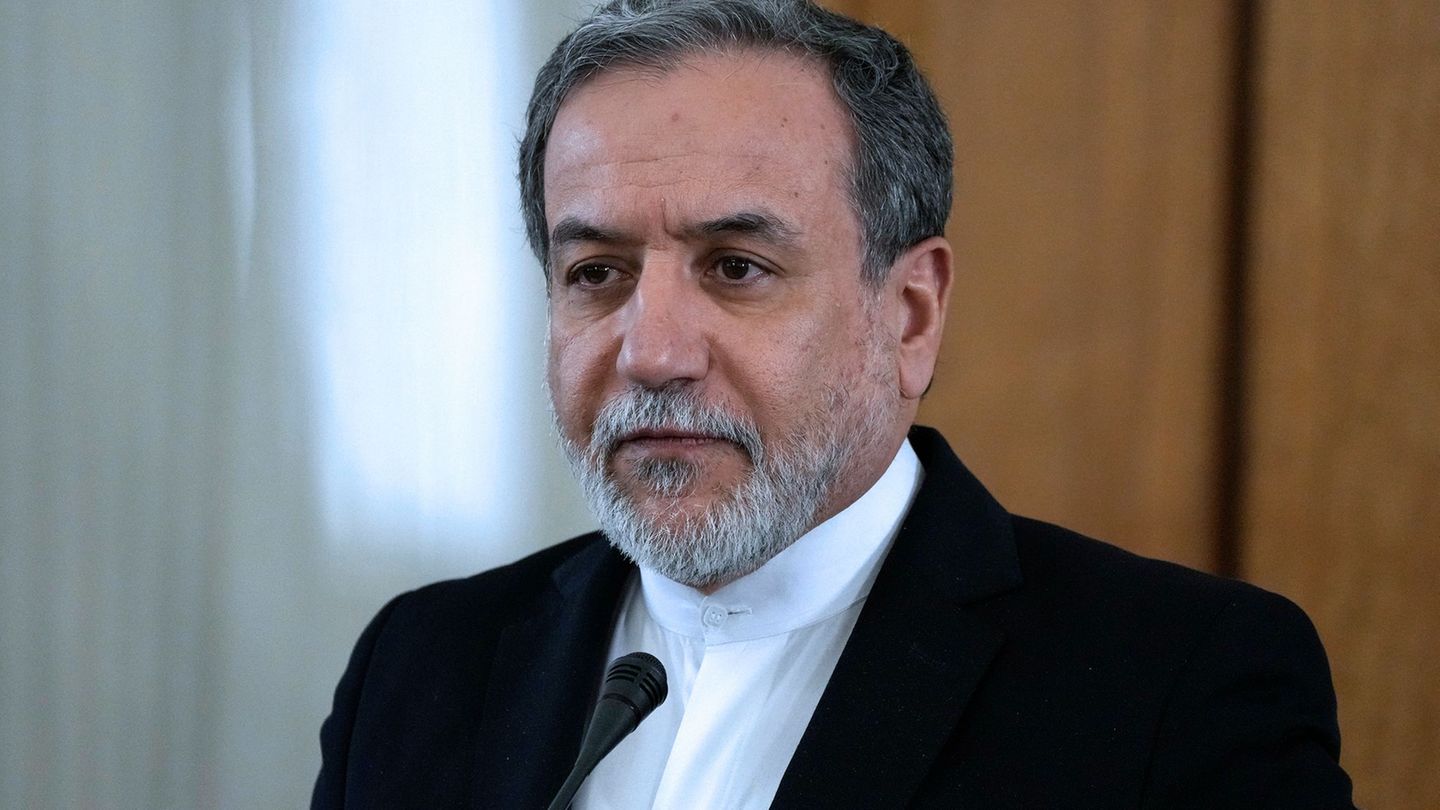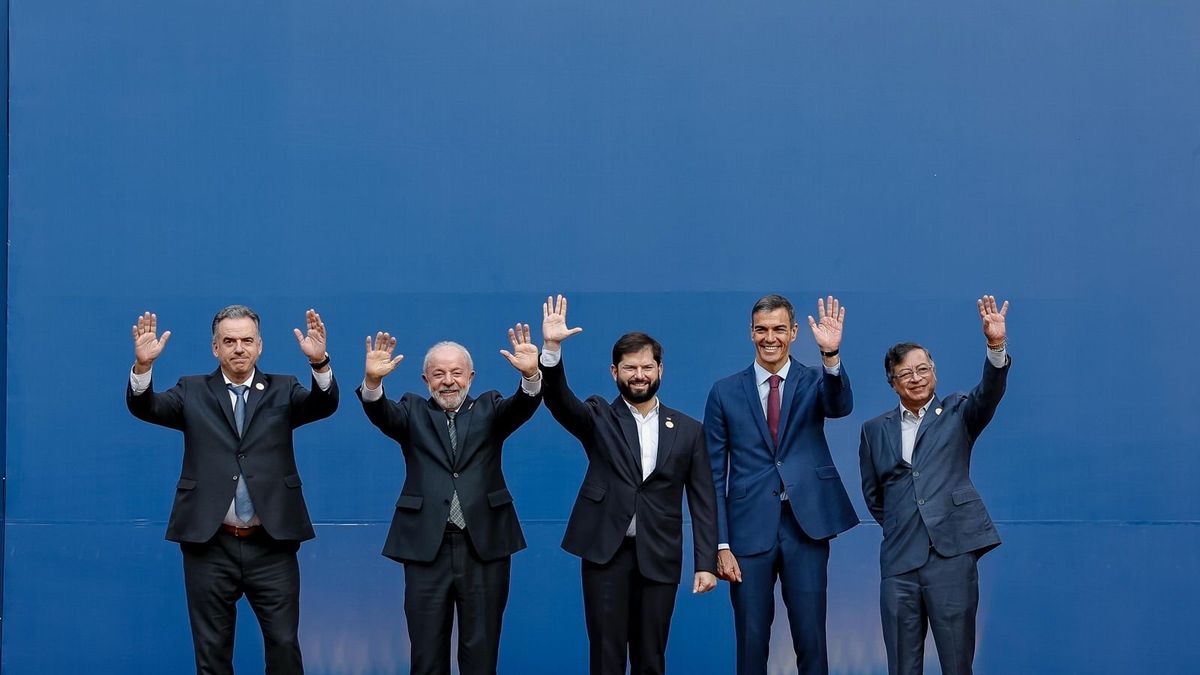We don’t know what will happen tomorrow. We do not know if we are going to be able to pay the rent, if the school of our children will continue to function normally, if the work we have today will continue there in three months. In Argentina today, uncertainty ceased to be a passing sensation and became a mode of existence.
However, this crisis and instability is not just an Argentine phenomenon. Worldwide, we cross a time marked by growing tensions, as evidenced by the recent tariff war. These scenarios of global uncertainty are aggravated, in many cases, in countries like ours, which face their own structural and economic limitations.
Given this challenging scenario, many of the leadership We knew – rigid, technical, vertical – are not only insufficient, but dangerously disconnected. The streets say everything. There is discomfort. There is anger. There is fear. Workers’ marches, fighting guilds, teaching strikes, protests in hospitals. But there is also a deaf silence in many offices, in WhatsApp groups, in the corridors of the companies. People who keep going to work, who fulfill, who puts their face … but who do not know why.
This challenging framework, undoubtedly challenges organizations’ leaders. According to him Edelman Trust Barometer 202462% of people believe that business leaders are losing contact with social reality. On the other hand, the World Health Organization He warns that anxiety disorders linked to work were doubled since 2019. What is telling us all this?
CEOS.jpg
Time changes: the new paradigms to lead.
That does not reach with “knowing how to lead.” That in contexts of such instability it is not about lowering certainties, but about encouraging conversations that do not have prefabricated responses. Real, honest, uncomfortable conversations. Conversations that recognize the emotional impact that you have to live every day without knowing if what you make makes sense.
As the philosopher pointed out Ludwig Wittgenstein“The limits of my language are the limits of my world.” What world are we building if we cannot name fear, frustration, rage, impotence we feel when looking at the present and not understand where we are going?
The leadership we need today is not the one who knows everything, but the one who dares not knowing. He who creates a space where the other can say “I’m wrong” without fear of being judged. Who is encouraged to recognize that he cannot alone. He who does not promise stability, but offers presence.
In his studies on adaptive leadership, Harvard academic, Ron Heifedistinguishes between technical problems and adaptive challenges. The former have an expert knowledge solution. The latter require personal and collective transformation. What we live in Argentina today is this second category: there are no manuals, there are no magical solutions. We just have to learn together. And that begins to speak differently.
From existential philosophy, thinkers like Søren Kierkegaard either Jean-Paul Sartre They warned that the human being is condemned to choose even in the midst of uncertainty, and that freedom often hurts. We cannot escape the emptiness that generates not knowing, but we can choose how to answer before him. In ontological coaching, that choice begins in language: each conversation can be an act of creation. In this way, meaning is not discovered, It is built together.
But if language creates realities, as the ontological coaching raises, the question is no longer only how we sustain ourselves, but what possible worlds we are willing to declare. In times of crisis, leadership cannot be limited to containing. We need leaders who design futures, who enable new conversations, invite to imagine what does not yet exist.
In that sense, Leading is not to offer closed answers, but be encouraged to open powerful questions. It is running from the place that “knows” to transform into a significant. It is not to control the way, but to generate the conditions so that others can draw it with autonomy and commitment.
Uncertainty is not resolved, it is inhabited. And in that shared experience, leaders can choose between trapped in fear … or be protagonists of the language that shapes the future.
Instead of asking “What decisions should a leader make today?”, Perhaps we should start with another: what conversations are pending in your team, in your family, in yourself?
Today leading is not to send or convince. It is to create conditions so that others can express themselves and rebuild their meaning in the midst of chaos. Because if we don’t know what will happen, at least we need to know that we are not alone to cross it.
Source: Ambito
David William is a talented author who has made a name for himself in the world of writing. He is a professional author who writes on a wide range of topics, from general interest to opinion news. David is currently working as a writer at 24 hours worlds where he brings his unique perspective and in-depth research to his articles, making them both informative and engaging.




